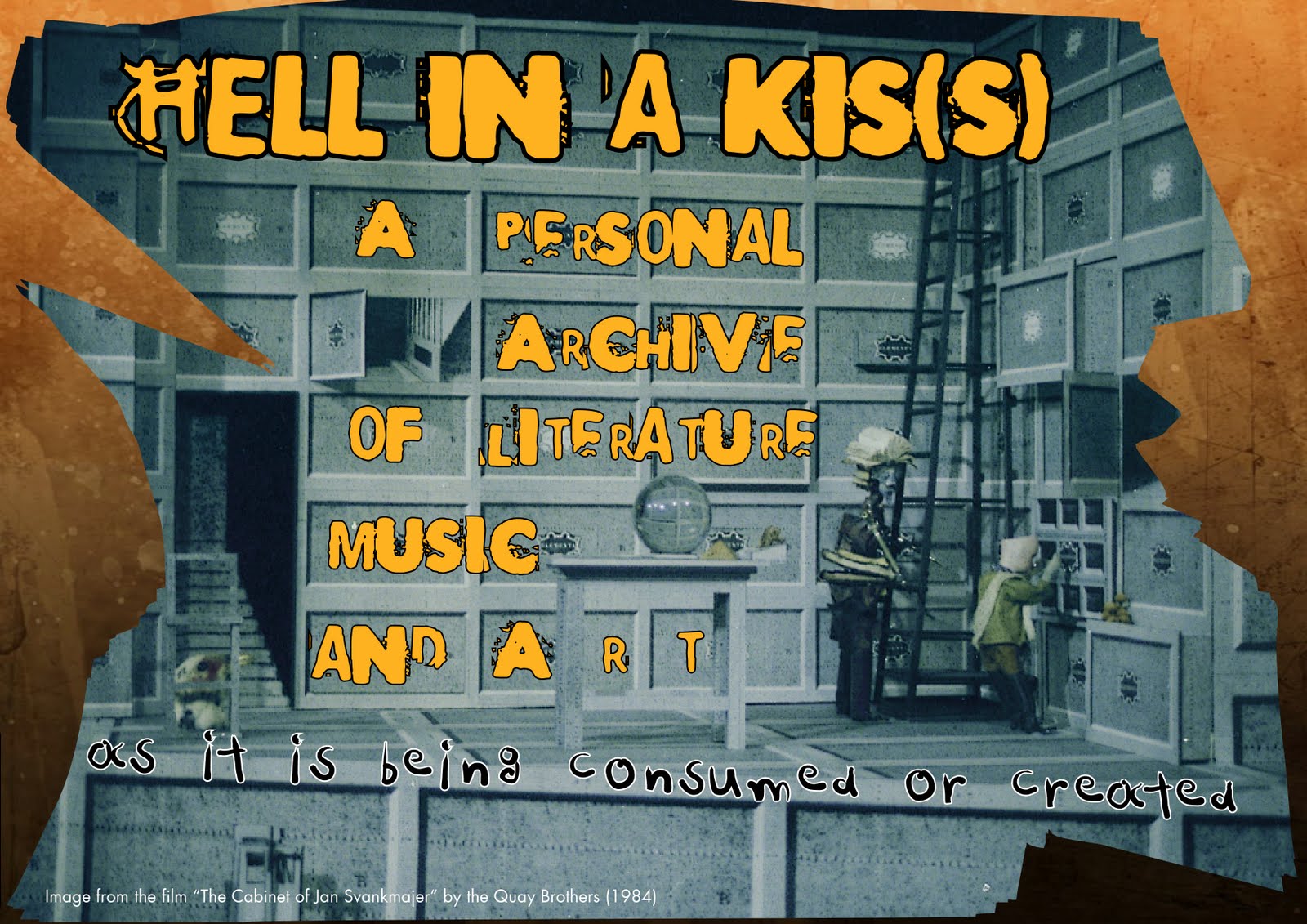
When Django Reinhardt turned electric in 1947, a new era had begun. The war was over, be bop had taken over from swing and Django had just returned from the USA having played with Duke Ellington and other jazz greats.
After the break-up of the famous "Quintet of the Hot Club of France" with its time of dazzling glory of 1935-39, Django found the time to explore this new electric evolution in the playing of the guitar.
He certainly took a certain risk laying aside his treasured acoustic guitar for the heavier cabled one. But his greatness as an artist can be witnessed in the fact that he did not just play electric as he would acoustic but adapted his playing style to electric amplification. Streched notes and lightning swifts in tempo and volume as well as an exploration of the pause and the contrasts of soft and low on the one hand and the growl and harshness of the loud electric sound on the other.
But by the time of the 1953 electric sessions, Django was largely forgotten or more or less ignored as a musician. When he had a booking or two, three weeks at the Ringside, the future Blue note, he didn’t draw much of a crowd. Some fellow musicians had even the audacity to say that Django was past it, if not finished. It was Eddie Barclay who convinced him to return to Paris to record. In a bust of pride, Django accepted and plugged in the electric guitar with some top notch friend musicians accompanying him. He turned into an unparalleled soloist playing definitive versions of “Nuages”, “Manoir de mes rêves” and “Brazil” among many others.
Nevertheless, from the sleeve notes of the “Peche à la Mouche” album, Pierre Michelot writes of the reception of this album: “Django intended to give his own answer to everyone who thought he was over the hill. He was bringing everyone up to date, but nobody could be bothered to look at the calender.”
Listen to:






